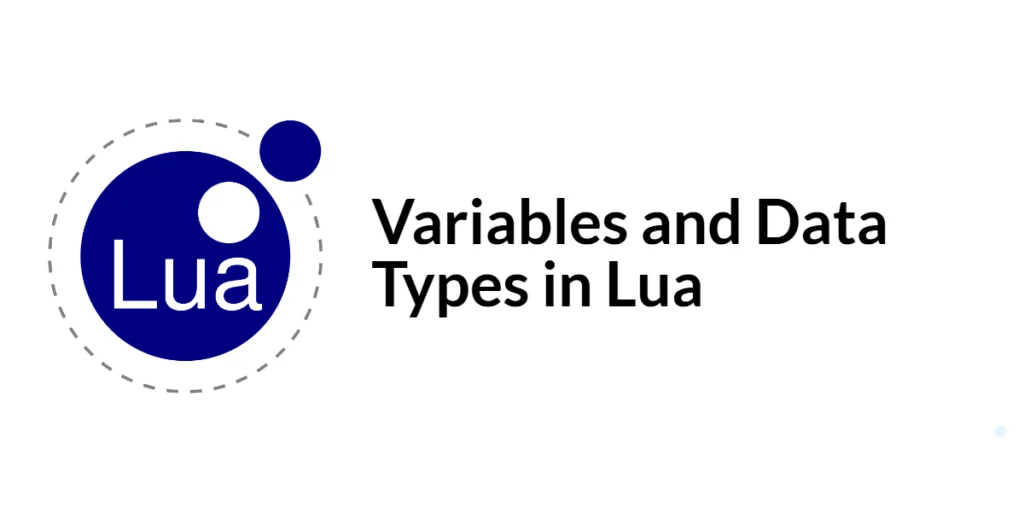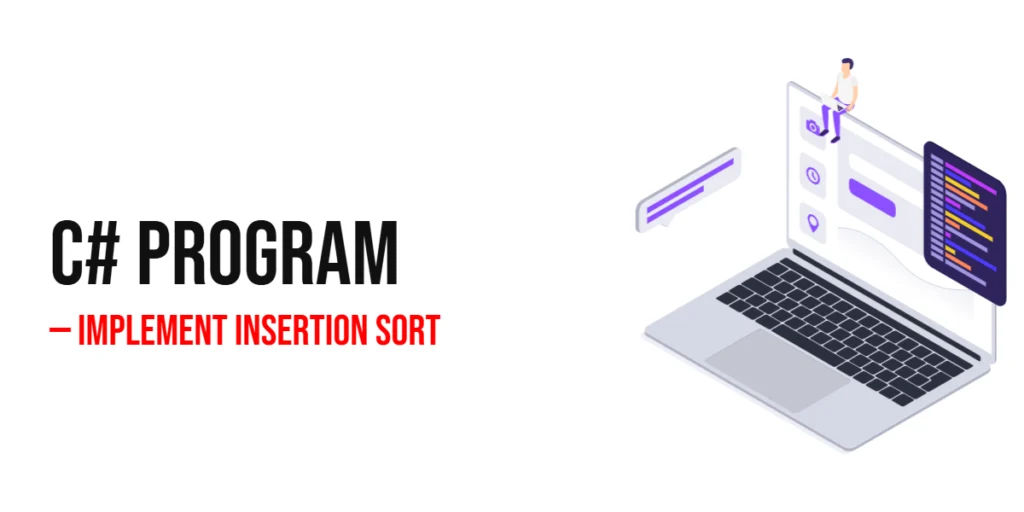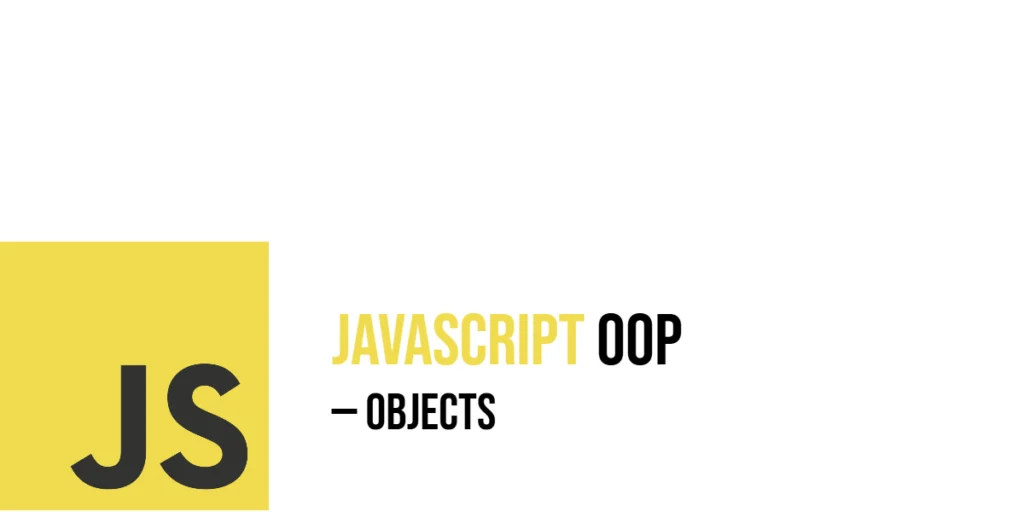Kotlin Contracts, introduced in Kotlin 1.3, provide a powerful mechanism for developers to specify the behavior of their functions more explicitly. Contracts allow the Kotlin compiler to perform more sophisticated static analysis, resulting in smarter type inference and fewer runtime errors. They act as a formal agreement between the function and the caller, specifying conditions that the function guarantees when it is executed.

with hands-on learning.
get the skills and confidence to land your next move.
Contracts enhance the compiler’s ability to understand what your code does, enabling better code optimization, smarter nullability checks, and more precise control flow analysis. This article will guide you through the basics of Kotlin Contracts, their applications, and best practices for incorporating them into your Kotlin projects.
Understanding Kotlin Contracts
Kotlin Contracts are a way to describe the behavior of functions to the Kotlin compiler. They provide information about the function’s effects, helping the compiler make better decisions about the code. Contracts are especially useful for improving type inference and control flow analysis, which leads to safer and more predictable code.
A contract specifies what a function guarantees when it is called. These guarantees can include conditions like whether a value is null, whether a function will return or throw an exception, or whether certain properties of the parameters will hold true. Contracts are defined using the @Contract annotation and the contract { } builder.
Defining Simple Contracts
To define a contract, you use the @Contract annotation followed by a contract { } block that specifies the conditions and effects of the function. Let’s start with a simple example.
Example: Ensuring Non-Null Arguments
Consider a function that requires a non-null string as an argument. Without contracts, the Kotlin compiler may not be able to infer certain guarantees. Here’s how you can define a contract for this function:
import kotlin.contracts.ExperimentalContracts
import kotlin.contracts.contract
@OptIn(ExperimentalContracts::class)
fun requireNonNull(value: String?) {
contract {
returns() implies (value != null)
}
if (value == null) {
throw IllegalArgumentException("Value cannot be null")
}
}
fun main() {
val value: String? = "Kotlin"
requireNonNull(value)
println(value.length) // Smart cast to String, no need for null check
}In this example, the requireNonNull function has a contract that specifies it will only return if the value is not null. This allows the compiler to smart-cast value to String after the function call, eliminating the need for a null check.
Using Contracts for Null-Checks
Contracts are particularly useful for null-checking functions, which are common in Kotlin. By specifying that a function returns only when a certain condition is met, you can help the compiler understand the nullability of variables more precisely.
Example: Safe Cast with Contracts
Here’s an example of a safe cast function with a contract:
import kotlin.contracts.ExperimentalContracts
import kotlin.contracts.contract
@OptIn(ExperimentalContracts::class)
inline fun <reified T> Any?.safeCast(): T? {
contract {
returnsNotNull() implies (this@safeCast is T)
}
return this as? T
}
fun main() {
val value: Any = "Kotlin"
val stringValue: String? = value.safeCast<String>()
println(stringValue?.length) // Smart cast to String
}In this example, the safeCast function uses a contract to indicate that it will return a non-null value only if the original value is of the specified type. This allows the compiler to smart-cast stringValue to String, making the code more concise and safe.
Advanced Contracts
Kotlin Contracts also support more advanced scenarios, such as specifying conditions for complex logic and handling multiple return paths.
Example: Complex Logic with Multiple Return Paths
Consider a function that checks whether a string contains a specific substring and returns a boolean:
import kotlin.contracts.ExperimentalContracts
import kotlin.contracts.contract
@OptIn(ExperimentalContracts::class)
fun containsSubstring(value: String?, substring: String): Boolean {
contract {
returns(true) implies (value != null)
returns(false) implies (value == null)
}
return value?.contains(substring) == true
}
fun main() {
val value: String? = "Kotlin"
if (containsSubstring(value, "Kot")) {
println(value.length) // Smart cast to non-null String
}
}In this example, the containsSubstring function uses a contract to specify that it returns true only if value is non-null and false if value is null. This allows the compiler to make smart casts based on the function’s return value.
Best Practices for Using Contracts
When using Kotlin Contracts, consider the following best practices:
- Use Contracts Judiciously: Only use contracts when they add significant value, such as improving type inference or control flow analysis.
- Keep Contracts Simple: Avoid overly complex contracts that can make the code harder to understand and maintain.
- Document Contracts: Clearly document the behavior and guarantees specified by your contracts to help other developers understand your code.
Conclusion
Kotlin Contracts provide a powerful tool for specifying the behavior of your functions, enabling the compiler to perform more advanced static analysis and improving the safety and predictability of your code. By defining contracts, you can enhance type inference, enforce custom preconditions, and handle complex logic more effectively.
Resources
To further your learning and development in Kotlin Contracts, here are some valuable resources:
- Kotlin Documentation: The official documentation provides comprehensive information on Kotlin syntax, features, and best practices. Kotlin Documentation
- Kotlin Contracts API: Detailed information about the Kotlin Contracts API and how to use it. Kotlin Contracts API
- Kotlin Contracts GitHub Issue: Discussion and examples related to the development of Kotlin Contracts. Kotlin Contracts GitHub Issue
- Baeldung Kotlin Tutorials: A collection of tutorials covering various Kotlin topics, including contracts. Baeldung Kotlin Tutorials
By leveraging these resources, you can deepen your understanding of Kotlin Contracts and continue to enhance your Kotlin development skills.







